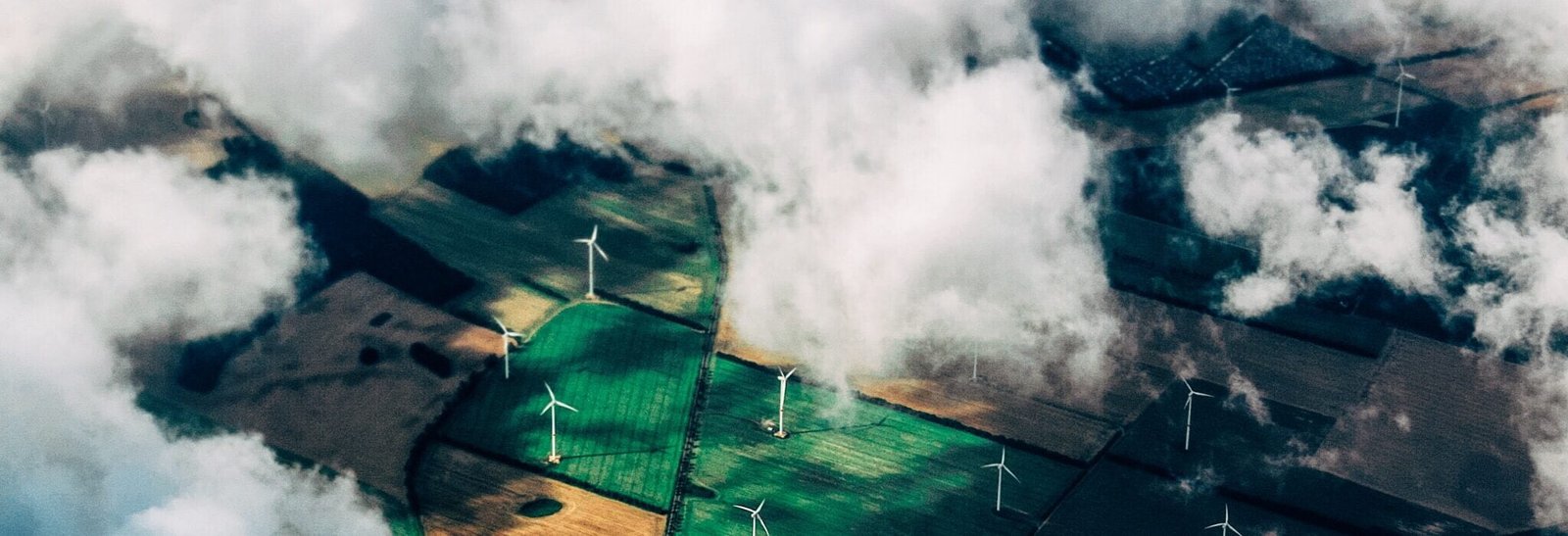Theme Definition: Energy focuses on how individuals, communities and businesses create, distribute, use, and waste energy. BEC may share information on energy efficiency, conservation, substitution, and storage. This theme also focuses on optimizing renewable energy sources, and reducing the reliance on non-renewable energy sources.
Suggested Sub-Themes: energy sources, conservation of energy, life cycles, embodied energy, biofuel.
Sample of things we can decide as citizens and business owners:
- How to upgrade our home’s energy efficiency
- Whether to install a co-generation or tri-generation system
- If we can participate in some meetings electronically
Below, you will find a discussion paper on Energy.
Energy
I am sitting at my computer, a cup of coffee at hand thinking about energy. Where it comes from, how it is used and how its use might change in the future. My laptop was made using energy. It is now running on electricity. The coffee is an Indonesian blend and has travelled far to reach me here in Ottawa.
Most of the objects on my desk were made with the energy provided by fossil fuels and some of them were made from fossil fuels, (oil, gas and coal). I know two big things about fossil fuels. One, they will eventually run out. And two, the carbon they contain is increasing the amount of carbon dioxide in the atmosphere leading to a warming of the planet.
Global warming is big news today and it is scary. At the start of the industrial revolution the amount of carbon dioxide in the atmosphere was 270 parts per million. It is now 380 parts per million and climbing. Climate scientists keep sending out warnings that catastrophic changes in our planet’s ecology and climate will occur if those amounts keep increasing.
The city of Ottawa has joined together with the City of Gatineau and the National Capital Commission in a joint planning initiative called “Choosing Our Future”. One of its objectives is to set long term goals to guide future sustainability planning in the National Capital Region. They will produce a Community Energy Plan. Biosphere Eco-Cities hopes to help the city at the community level by encouraging citizens to carry out sustainability projects in both the rural and urban parts of Ottawa. These may include community energy projects.
The way we use energy today is the major contributor to global warming. Even if we have enough oil, gas and coal left to power our economies, global warming is a fast growing danger. It will destroy economies and ecosystems throughout the world. So what can we do about it? How can we support our institutions as they try to change? How do we support each other and our communities as we try to change?
First we have to keep talking with each other, respectfully and with understanding and compassion. Some of us may be ahead on the climate change/peak oil learning curve. Some of us know more about systems theory. Some of us understand economics better. Some of has have studied ecology and ecosystems. We need to increase opportunities to converse with our friends, our neighbours, farmers, businesses and our institutions. We need to share our knowledge. We need to focus on the things that we can do.
Most of us have heard about the things we can do in our homes to reduce our use of energy. Things such as lowering the thermostat in the winter and raising it in the summer, to reduce the need for heating and cooling. We can add insulation to our homes and put in energy efficient windows. We can change our light bulbs to fluorescent or LEDs. We can put our electronic devices that use standby mode on power bars that we turn off when we are not using them.
We can choose to buy electricity from companies that buy from renewable energy sources and encourage our local institutions to do so too. We can drive our cars less and walk, use bicycles and public transportation more. In short we can become conservers and promoters of renewable energy.
The technologies certainly exist and have been tried that could reduce our use of coal, oil and gas. Enough sunlight falls on our planet every day to power human society many thousands of times over. There are places where wind blows so regularly that wind-generated electricity is a natural. Wave and tides can generate power, as can small rivers Biomass is another renewable resource that can be used in a way that does not increase greenhouse gas emissions as long as the plant matter is replaced by re-growth.
Perhaps with institutional support more of us could be energy producers. I know a family that has installed PV panels on their roof. They are producing electricity during the peak summer load periods and supplying it to the Ontario electricity grid. Imagine more citizens in Ottawa producing electricity on their roofs and helping to insure that there will be no more summer blackouts during a heat wave when everyone turns on their air-conditioning!
Other families have installed solar hot water heating systems that provide hot water for household use and also for heating. Some have installed geothermal heat pumps that provide both heating and cooling using only a small amount of electricity. It is true that these options may seem more expensive than the ones we are used to. But most often we are not including the cost of managing pollution caused by using carbon based fuels. Perhaps we might talk together about the economics of renewable energy use.
Perhaps we could talk about community energy plans at the local level, in neighbourhoods, in new communities, in high-rise dwellings. Business too could get together to explore joint renewable energy options. Governments are beginning to offer incentives to people and business to adapt to non-carbon based energy systems and we can encourage them to increase and accelerate their support of renewable energy options.
Farmers in Ottawa along with growing food might also be encouraged to grow wind farms. Crops can be grown up to the base of windmills. There is lots of waste biomass on farms that could be used to produce fuel. Wind farms and biomass conversion could provide another source of income for local farmers. The community conversation about becoming a sustainable and resilient region must include farmers and other rural landowners.
This paper only touches the surface in exploring alternative and renewable energy options for our city and our region. “The Choosing Our Future” initiative surely needs our input and our support. We need to put ourselves in the picture and imagine our lives and the life our region transformed from a carbon powered to a solar powered future.
Leandrea Kane- Energy GP draft 1
July 26, 2009
1. Thomas Richter at Unsplash

